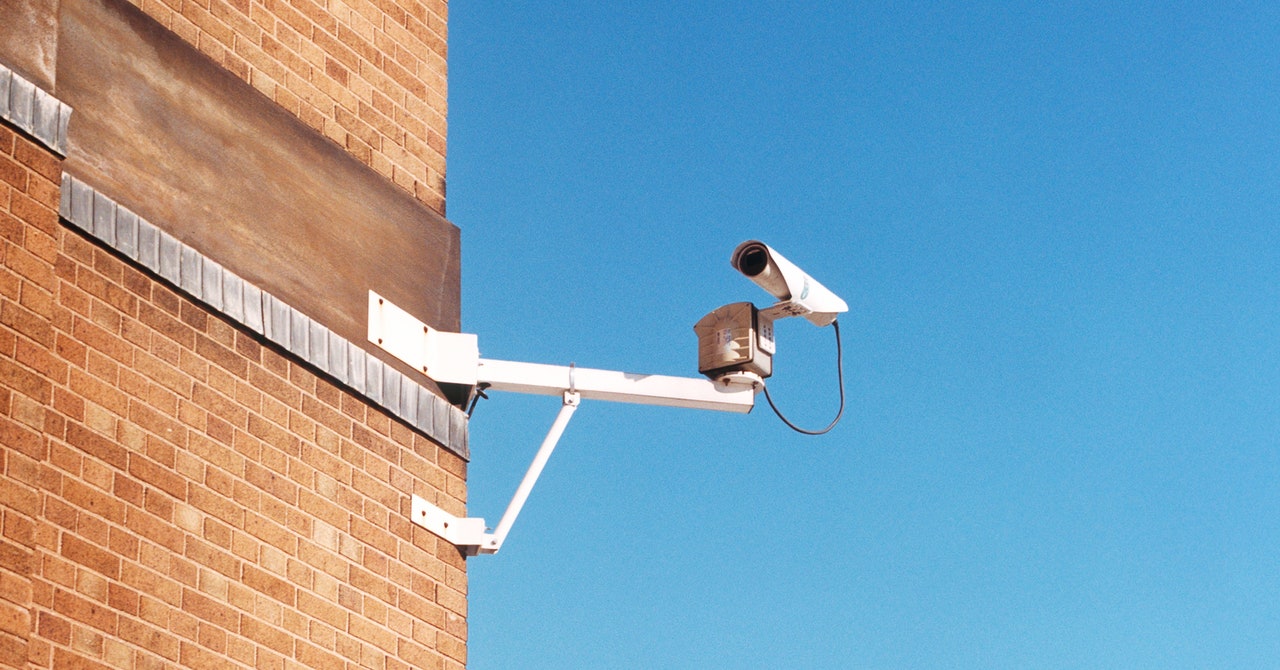Uprisings for racial justice are sweeping the country. Following the police murders of George Floyd, Breonna Taylor, and so many others, named and unnamed, America has finally reached its moment of reckoning. And politicians are starting to respond. But you can’t end police violence without ending police surveillance. That starts with banning facial recognition, a technology perfectly designed for the automation of racism.
WIRED OPINION
ABOUT
Tawana Petty is director of the Data Justice Program at Detroit Community Technology Project and co-leads the Our Data Bodies project. She is also a convening member of the Detroit Digital Justice Coalition, an anti-racism facilitator with Detroit Equity Action Lab, and a Digital Civil Society Lab fellow at Stanford PACS.
I live in Detroit, a city with more than 500,000 Black people. In my city, we live under constant surveillance. We are in a perpetual lineup. Our faces are caught on camera everywhere we go—harvested and analyzed by algorithms. Numerous studies have shown that facial recognition algorithms exhibit systemic racial and gender bias. Detroit’s police chief openly admitted that their software is wrong up to 96 percent of the time. To be blunt, facial recognition software thinks all Black people look the same.
Despite this, the Detroit Police Department’s “Real Time Crime Center” has been using facial recognition since 2017. When combined with Project Green Light, a program in which the city partners with private businesses to install CCTV cameras and give police 24/7 access to footage, facial recognition enables a dystopian surveillance state. What’s happening in my city should be a wakeup call for the nation.
Those of us who live in Detroit have known for years the human impact of being surveilled. A four-year study that I co-led called Our Data Bodies found that residents could not shake the feeling of being watched, even before the real-time crime surveillance program ramped up. The realities of this brutal surveillance regime heightened concerns and brought Detroit national attention when the country learned of the story of Robert Williams, a Black man who was arrested by Detroit police in front of his wife and children and held for more than 30 hours. Facial recognition falsely accused him of a crime after matching his photo with an image from surveillance footage. The experience was humiliating for Williams, but it could have been much worse. Had he resisted the unjust arrest, which would have been reasonable given the circumstances, he might not have lived to tell his story.
We see the videos of the people police hurt and kill—but the surveillance that led to that brutality is often hidden from us. Surveillance is the foundation of modern policing. It has ties to a long racist legacy, from the branding of enslaved people to the Lantern Laws of the 18th century. Police and politicians defend these programs by claiming they are intended to keep people safe. But for Black people, surveillance ain’t safety.
Covid-19 has shined a light on how monitoring technology like Project Green Light can be weaponized against residents. The surveillance system has been leveraged to issue tickets to c
Read More

